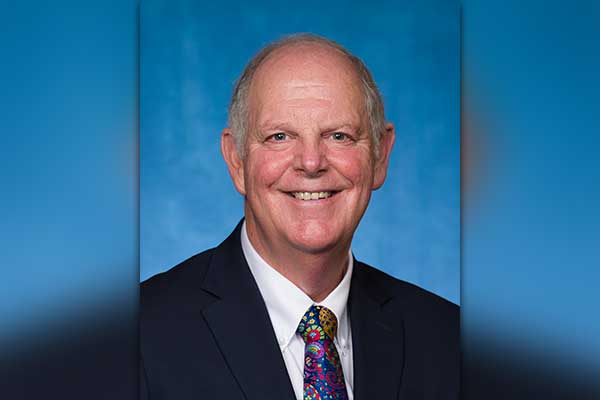By Tom O’Halleran
Every day, I hear from Arizonans who are having trouble feeding their families or keeping the lights on at their small business—a complete 180 from two months ago.
The coronavirus pandemic has affected every facet of our lives, and Americans are looking to their elected leaders to find lasting, effective solutions to the issues we’re facing.
However, what they’re seeing from all levels of government is partisan rhetoric and political games.
Turn on any channel or log into any social media platform and Congressional disagreements, petty political moves, and showboating are on full display.
There is no denying this coverage has merit: our nation is divided like never before in an unprecedented time where we should be working together to combat this public health crisis.
There is opportunity here to come together to not only provide targeted relief for families and businesses, but also to lay a strong foundation of response capabilities for the future of our country.
Despite the negativity and partisan bickering we’ve all seen, bipartisan work continues among those who make the effort to reach across the aisle.
Recently, the House of Representatives passed the Paycheck Protection Program Flexibility Act, bipartisan legislation I cosponsored to improve and extend PPP by cutting red tape businesses must navigate before they can spend awarded loans. I have heard from countless mom-and-pop shops who would benefit from these loans but haven’t even applied for PPP because there are far too many rules about how they can use the funds.
They know what’s best for their business, not the government.
Bipartisan collaboration brought this bill, and others like it, to the House floor.
This spring, Congress has come together and taken steps to bring relief to our health care systems, local governments, small businesses, and working families by passing four comprehensive, bipartisan legislative packages that have now been signed into law.
But these are steps, not final solutions. If we cannot operate in a bipartisan way, we won’t be able to make legislative fixes to the programs that are working, cut the ones that aren’t, or fund new initiatives that Arizona families need.
Congress owes American families a collaborative, bicameral approach to addressing the negative effects of the coronavirus pandemic. This approach must include accountability, transparency, and a legislative process that both helps us adjust to our new normal, and ensures review, debate, and oversight.
Recently, I voted against a new measure to allow voting by proxy. While I wholeheartedly agree that we must heed the advice of public health officials, we in Congress cannot sit back while the people we were elected to represent are left floundering. When programs on which millions of Americans rely are running out of money, Congress is an essential job.
We cannot sit back and ask our essential workers—doctors, nurses, grocery store employees, first responders, pharmacists, hospital staff, and hardworking janitors like my father was—to continue to show up and work for us if we are not willing to do the same for them. There are safe, socially distant ways we can come together and continue our work for the American people.
No political party has all the answers. But if we don’t work with each other, we can never learn from each other.
As we navigate these unprecedented times, my priorities remain the same: I want to see greater transparency and accountability at every level of government, and secure the resources that Arizona families, businesses, tribes, rural communities, health systems, and frontline workers need to overcome this crisis.
I am committed to hearing from Arizona families and bringing their voices to the table as we work to build up what is working, fix what is not, and identify what still must be done.
Tom O’Halleran is a member of the U.S. House of Representatives representing Arizona’s 1st Congressional District. A Democrat, he lives in the Village of Oak Creek.









.jpg)